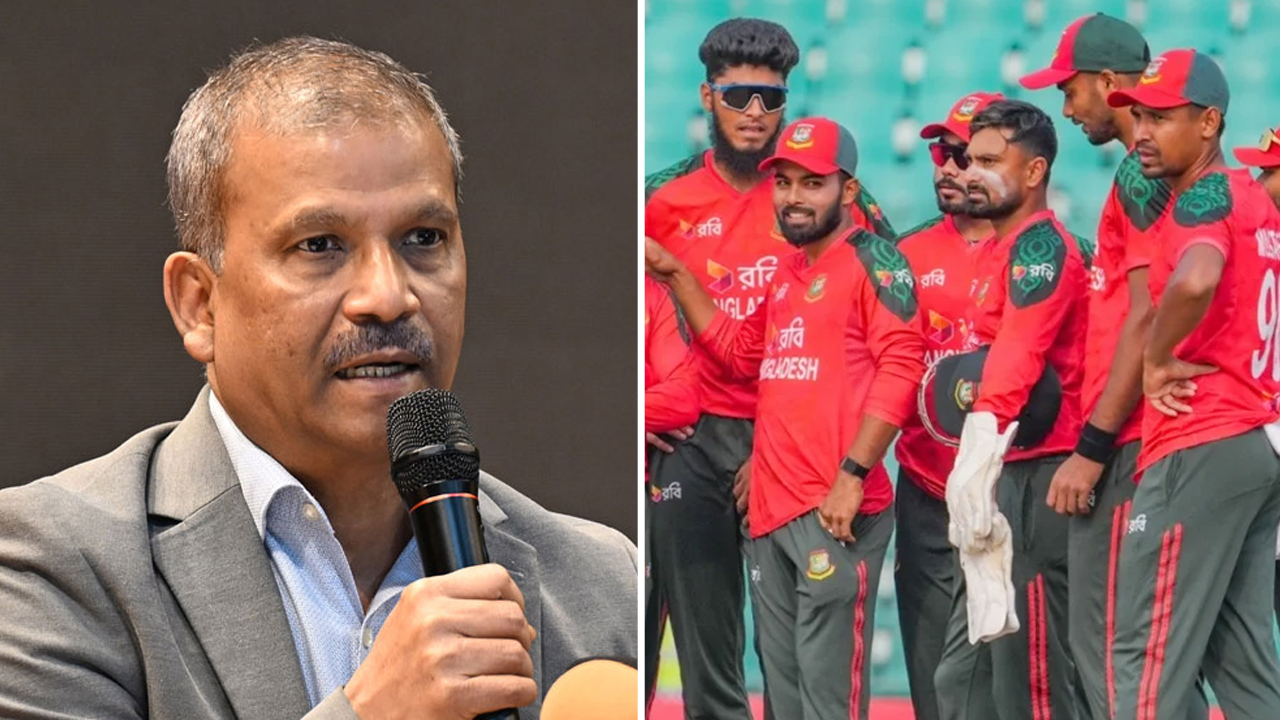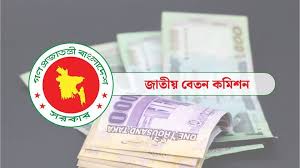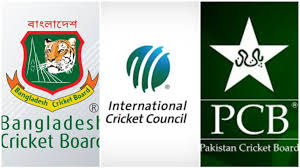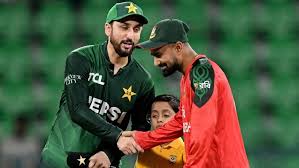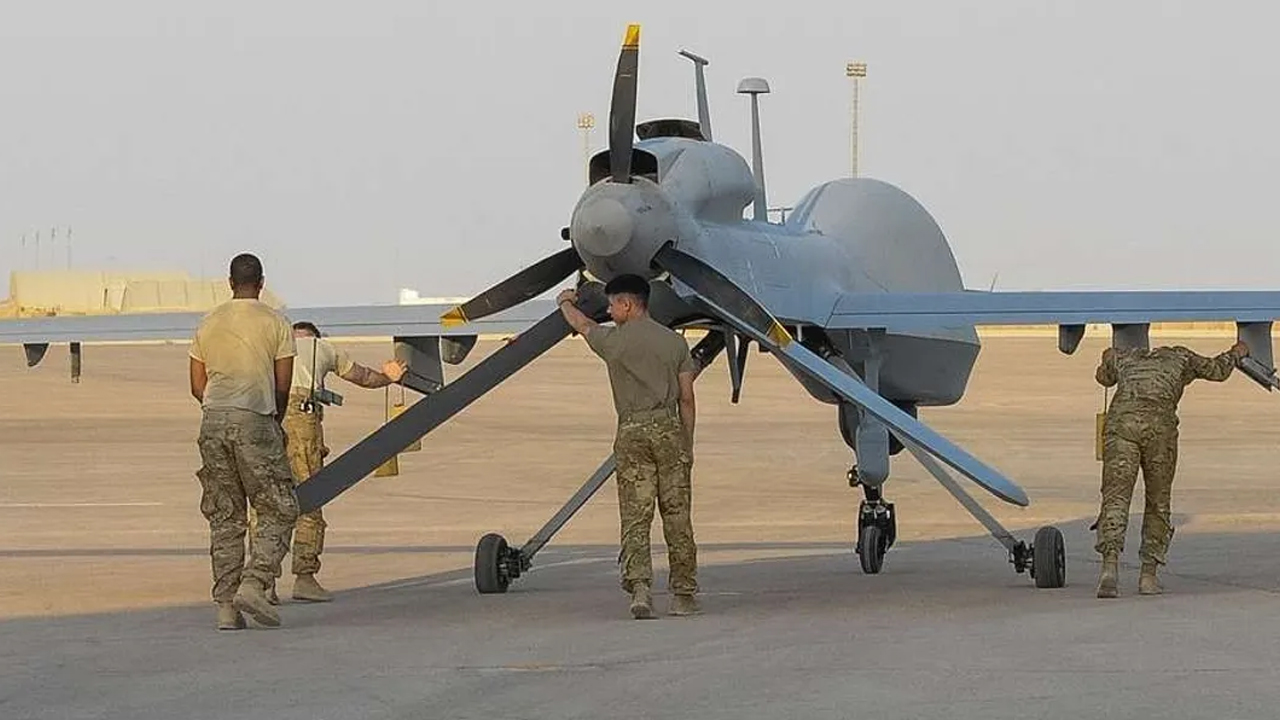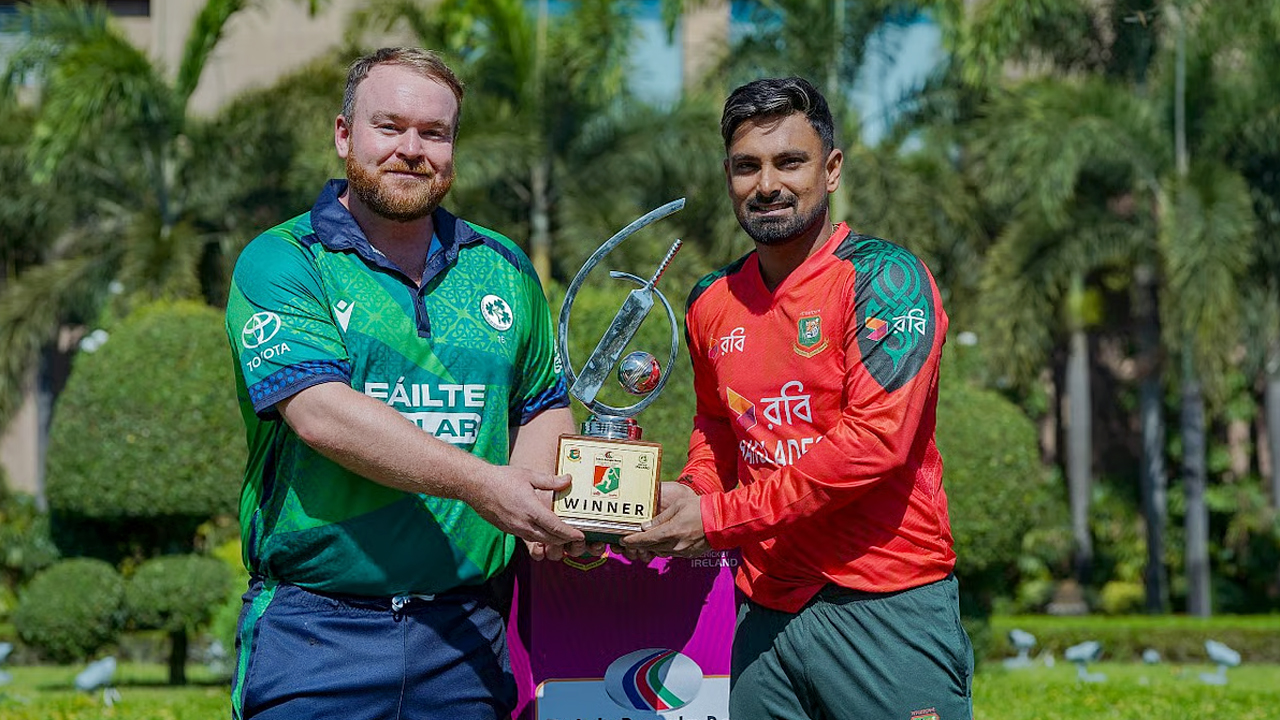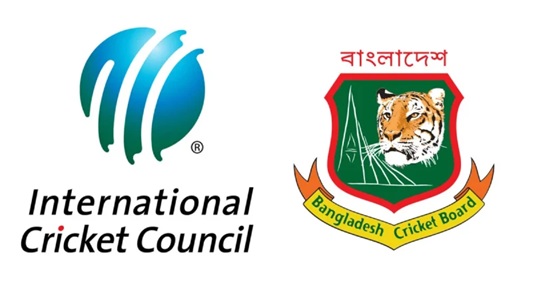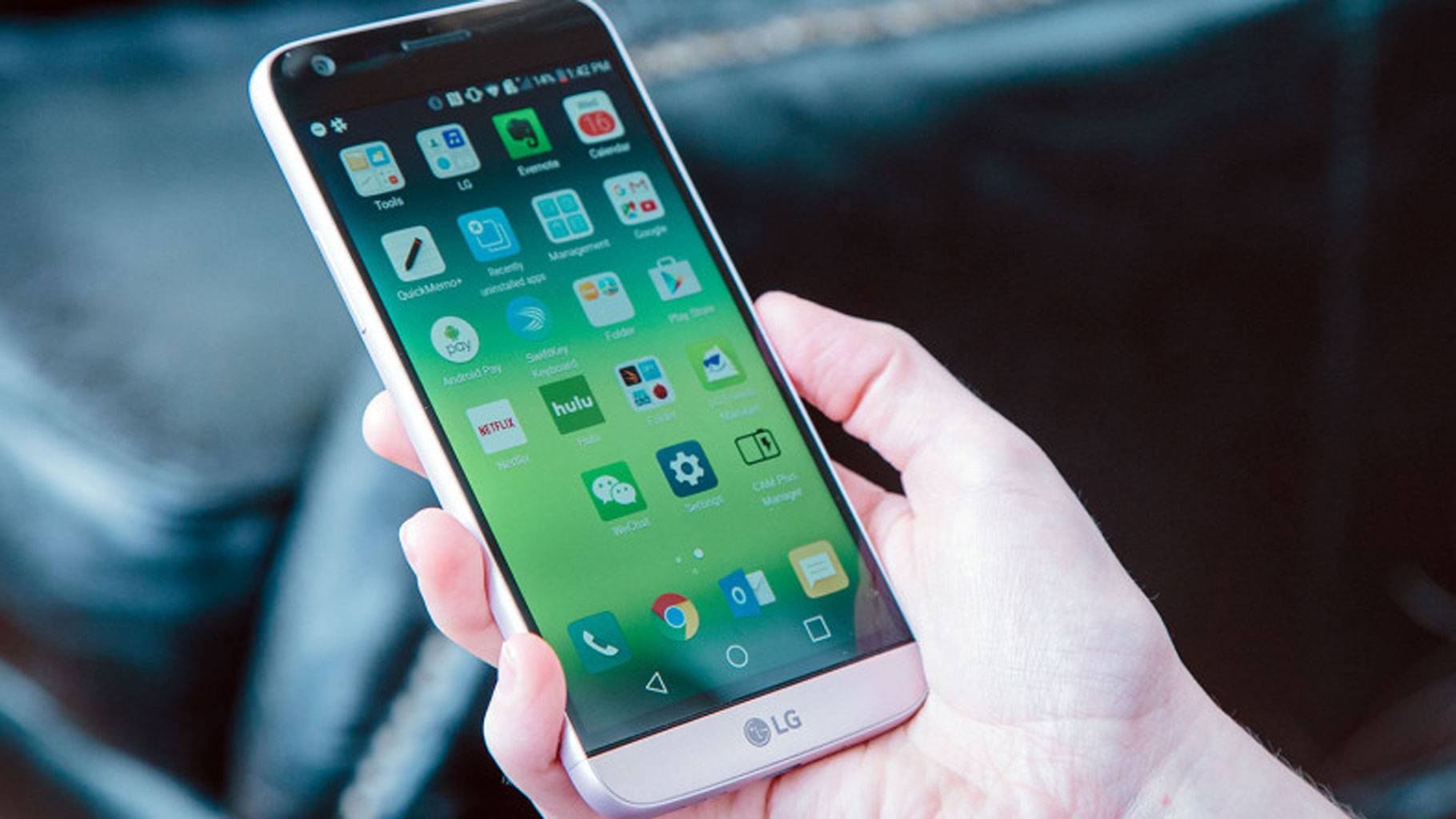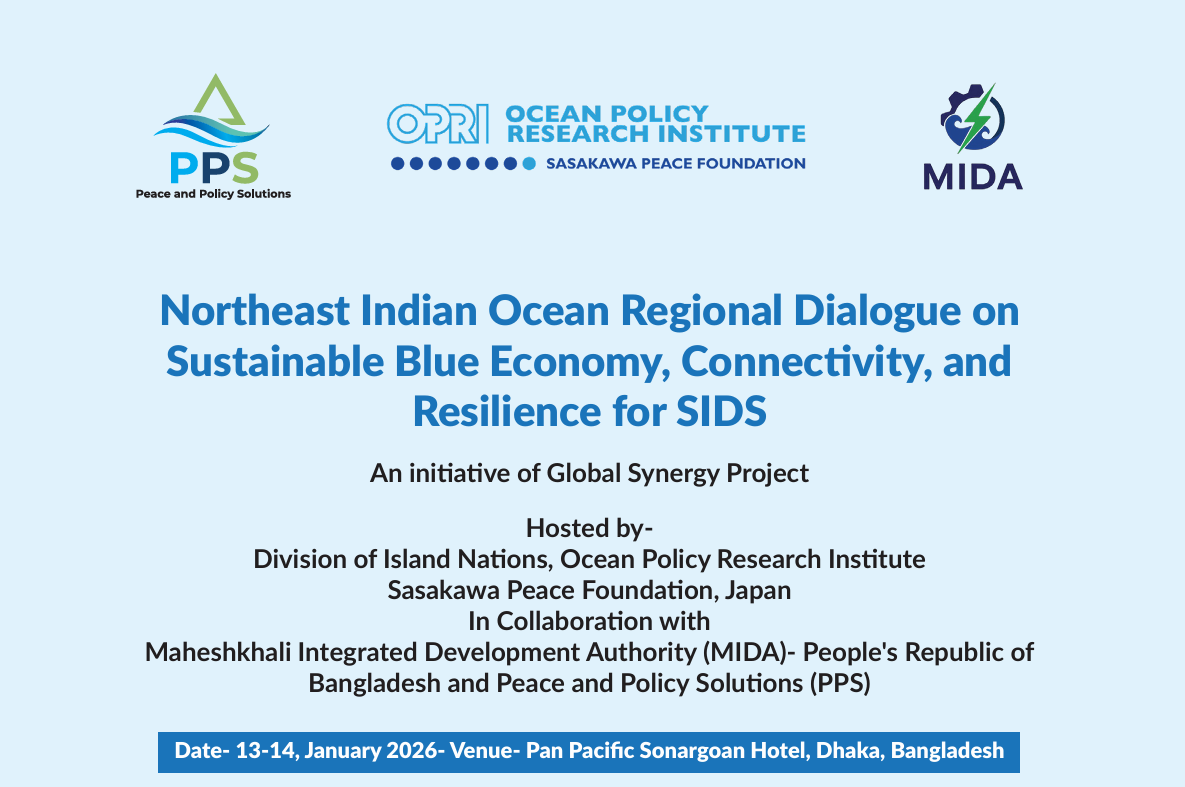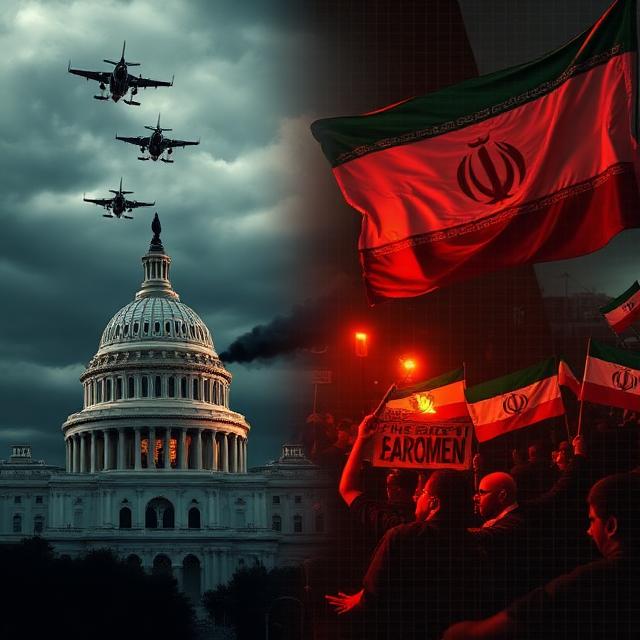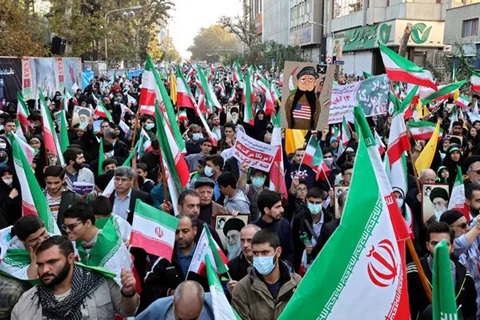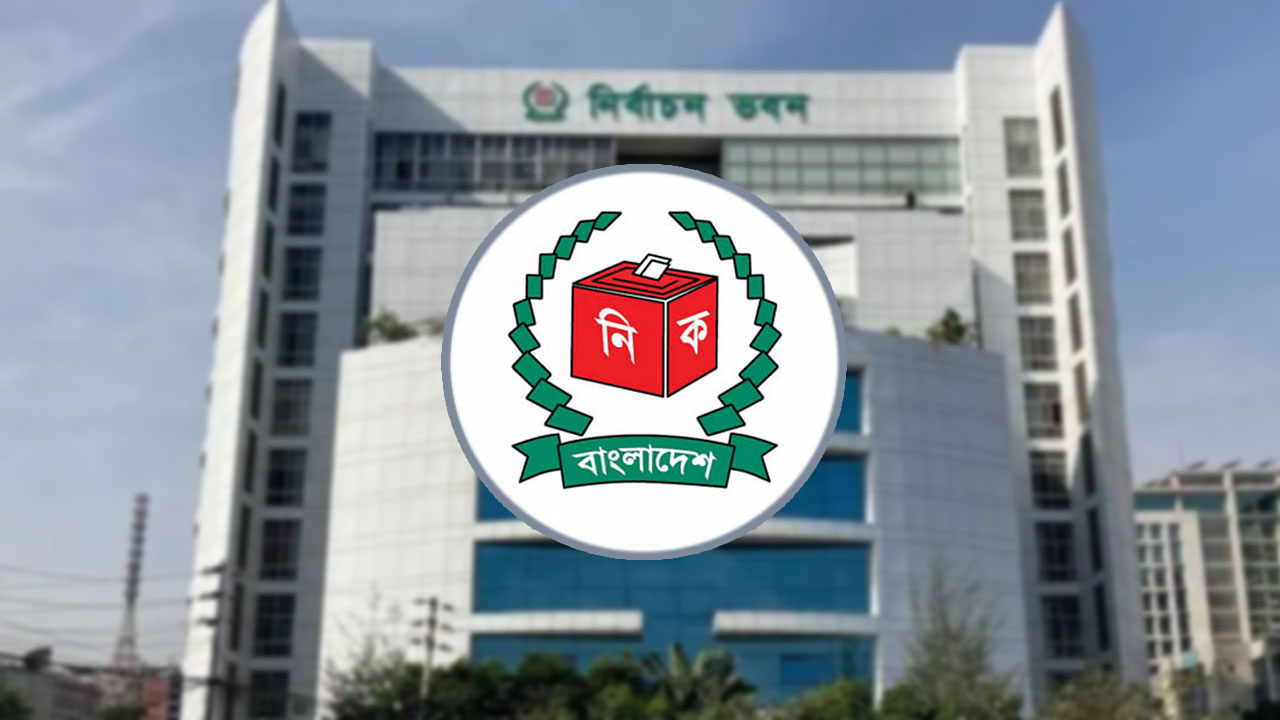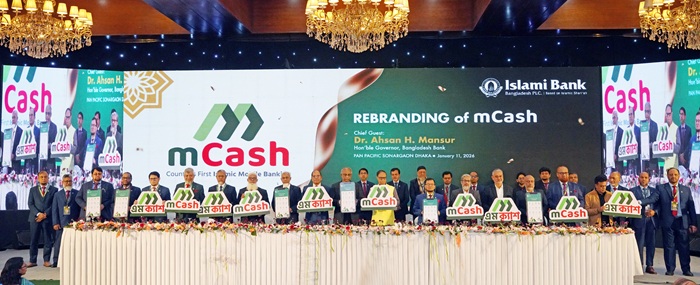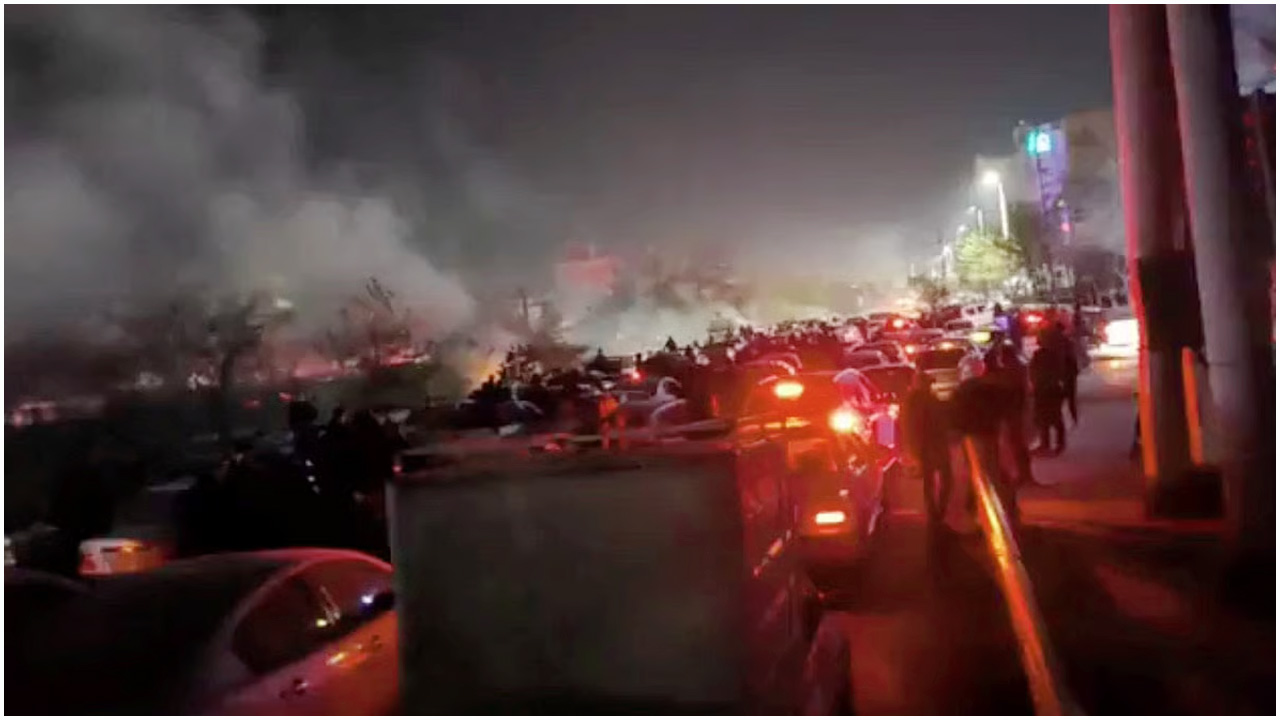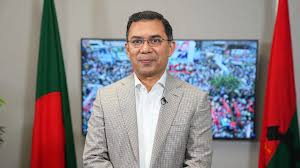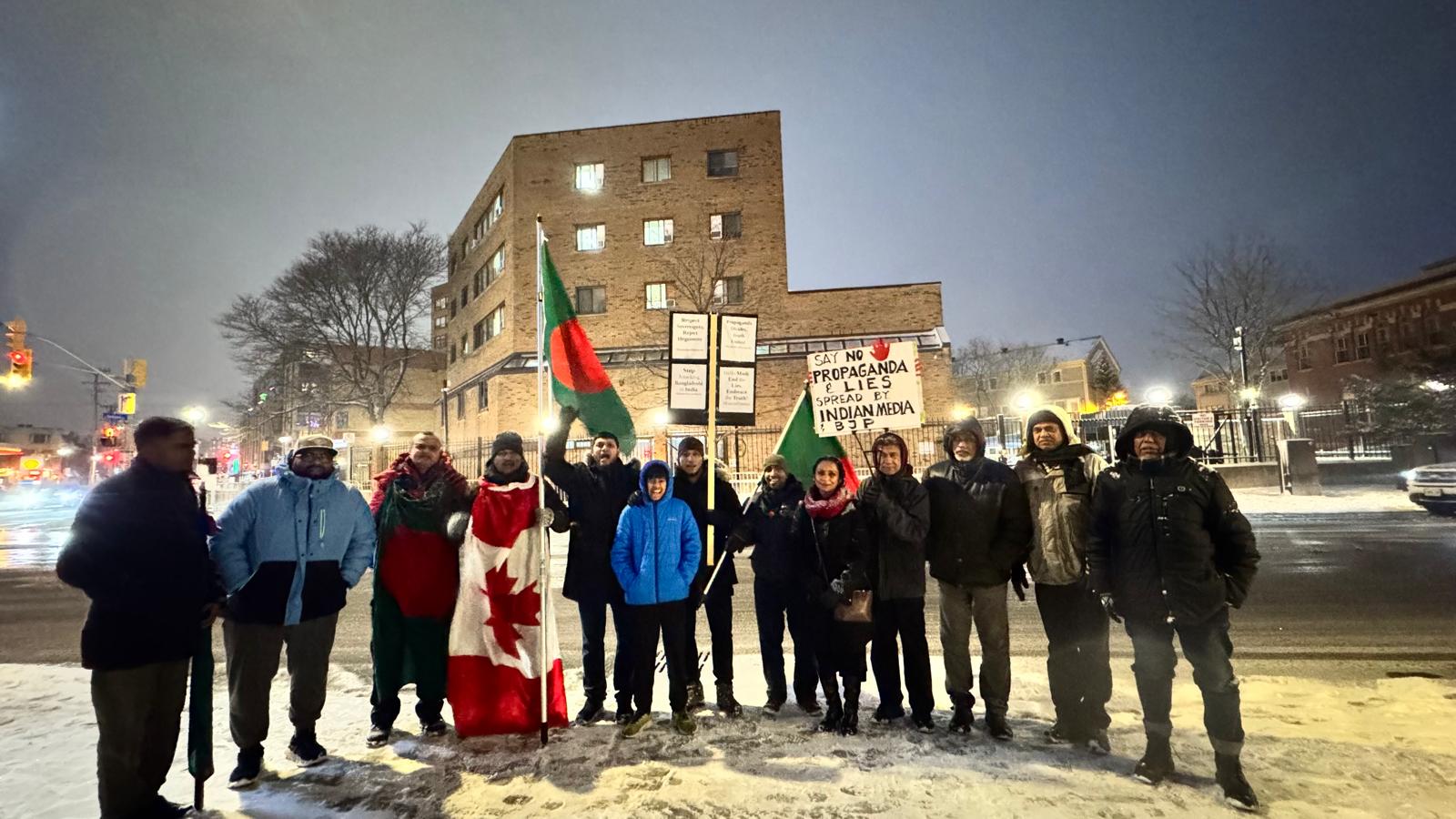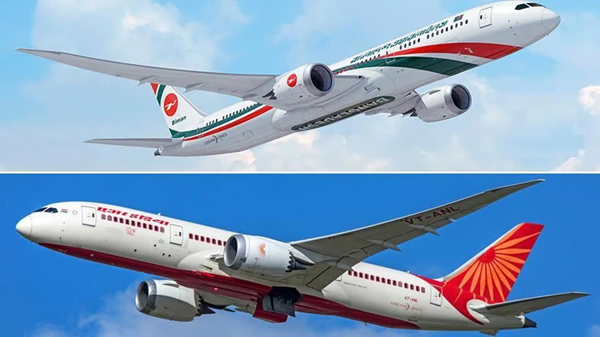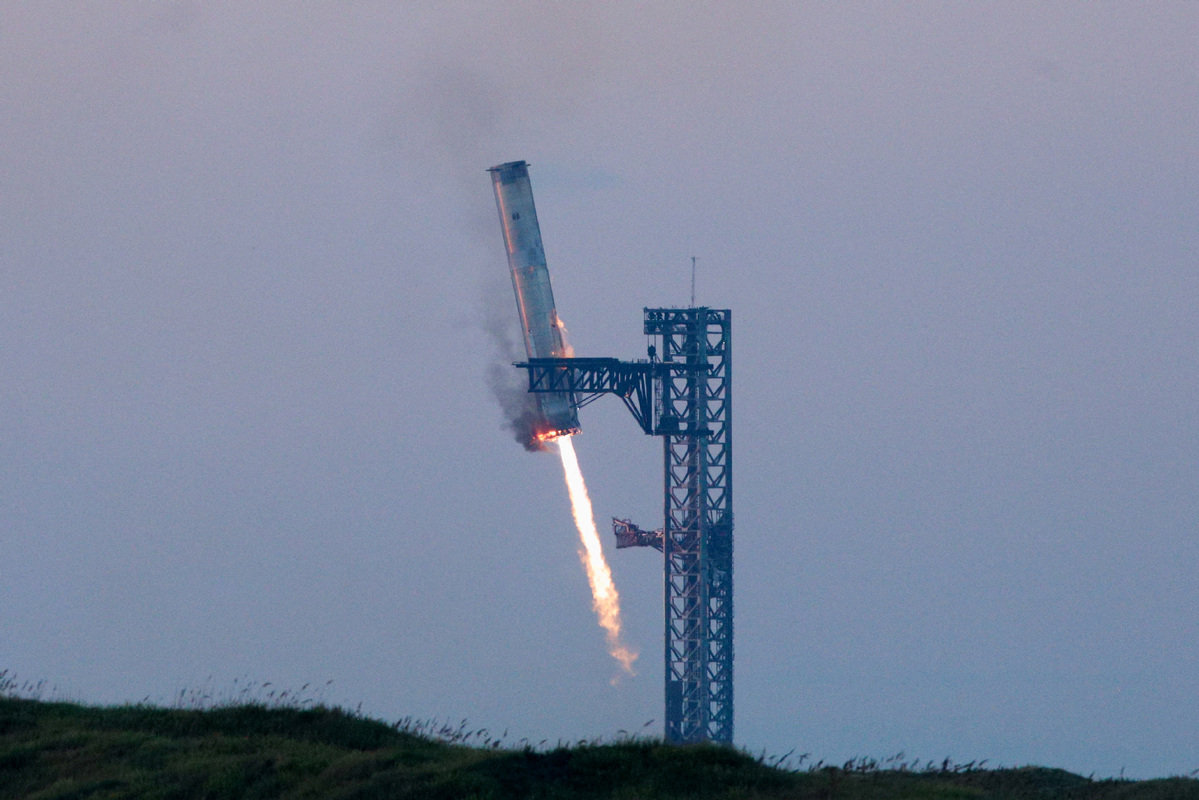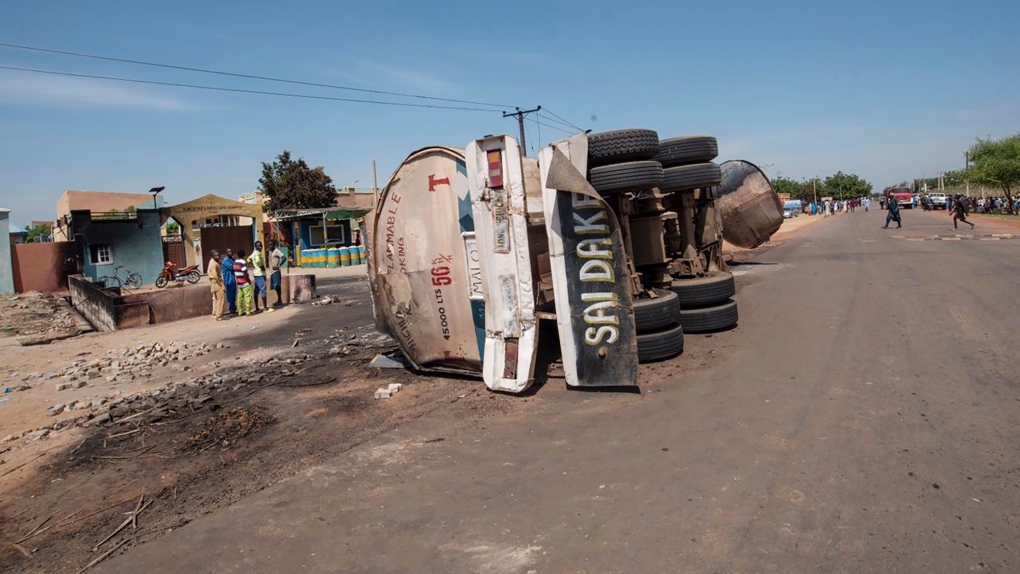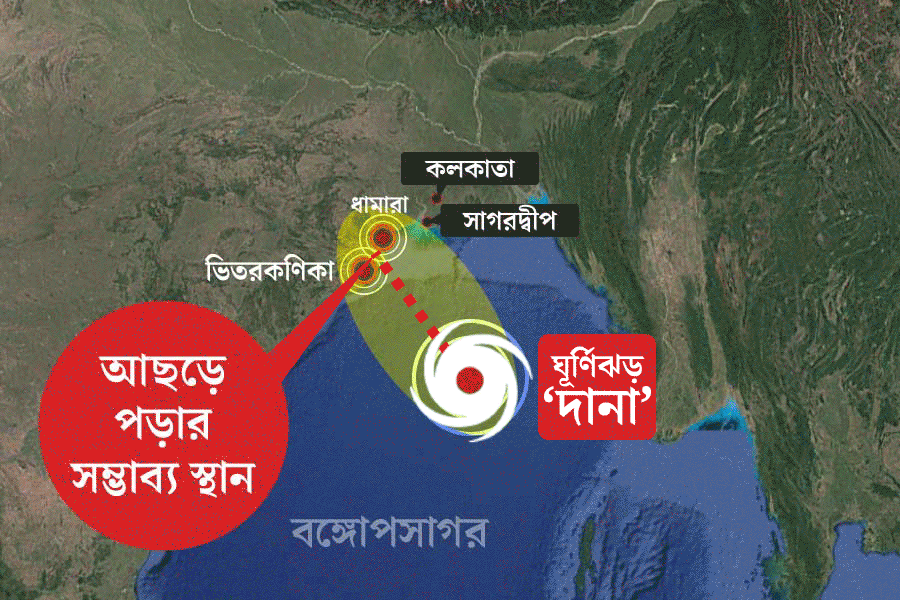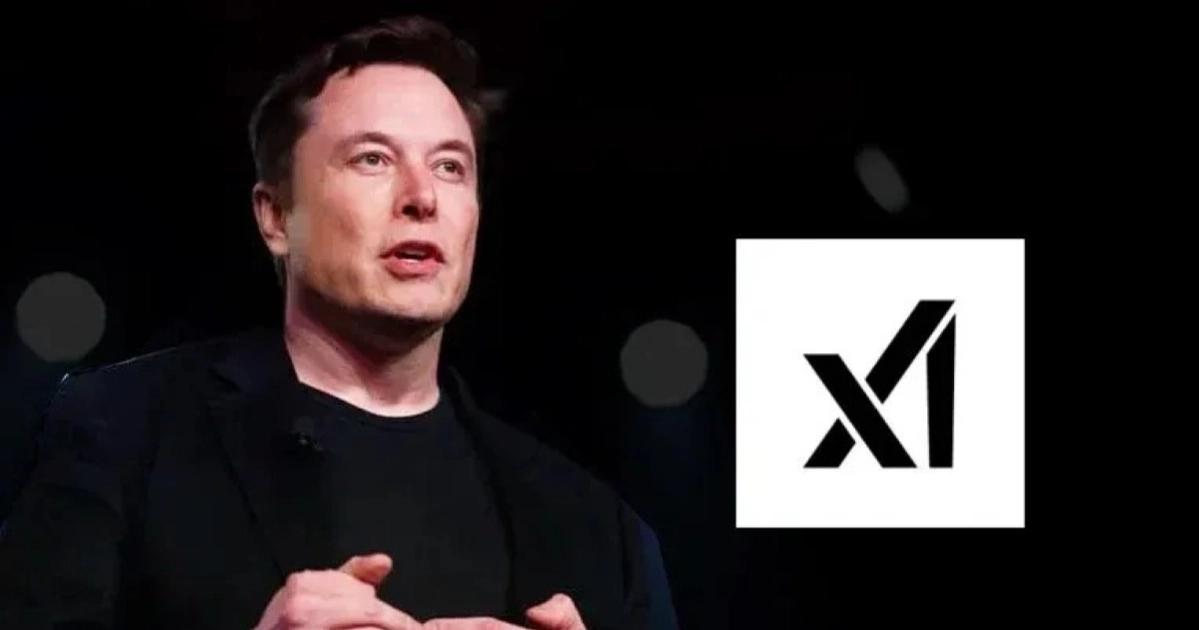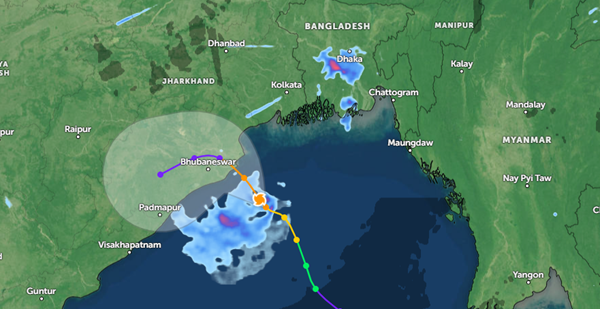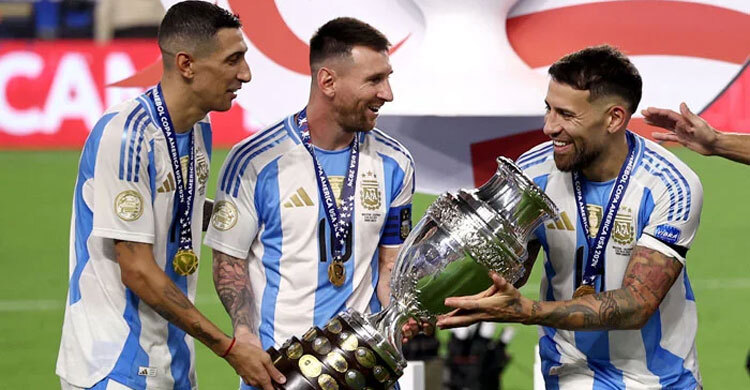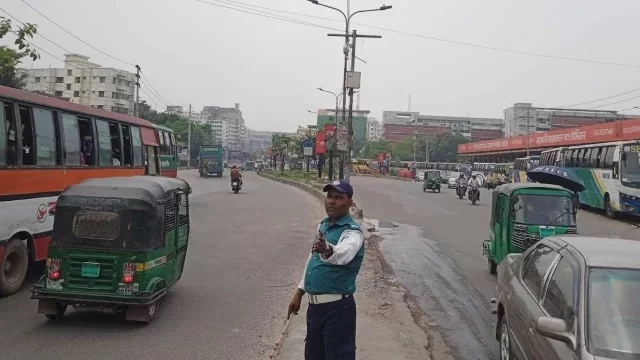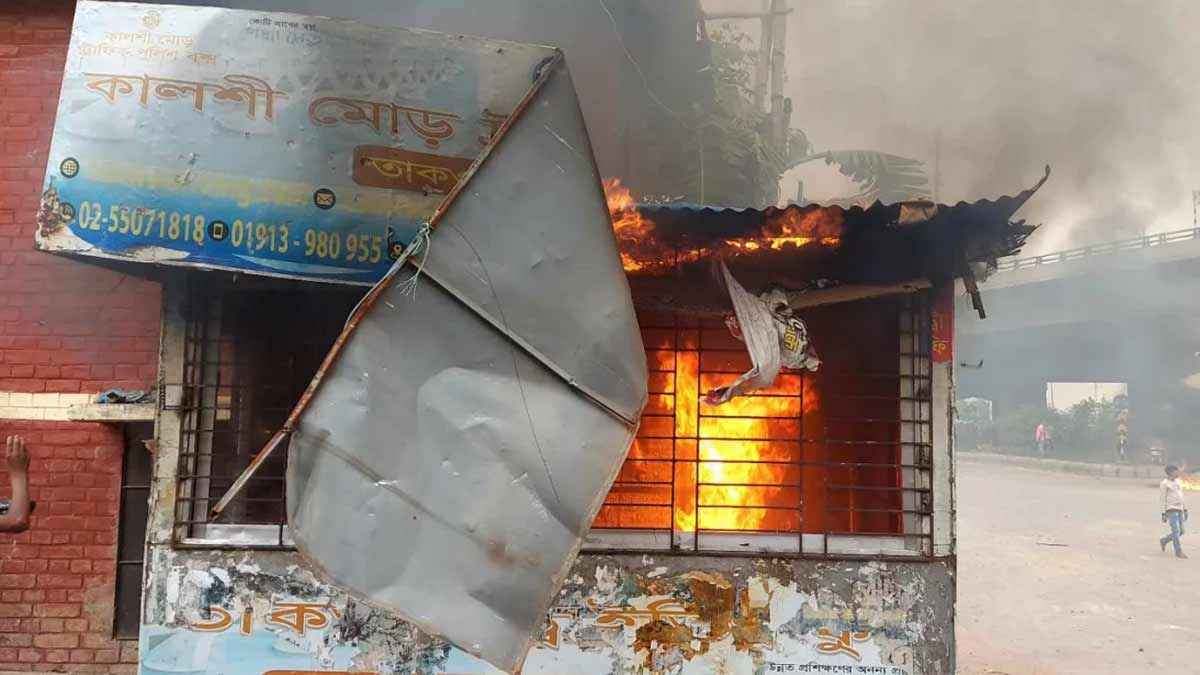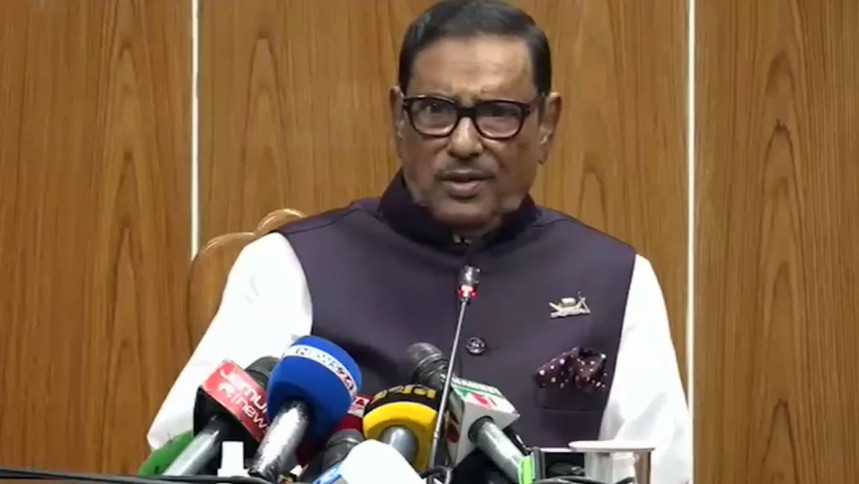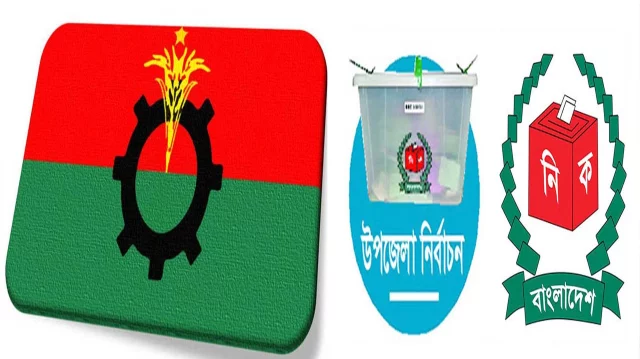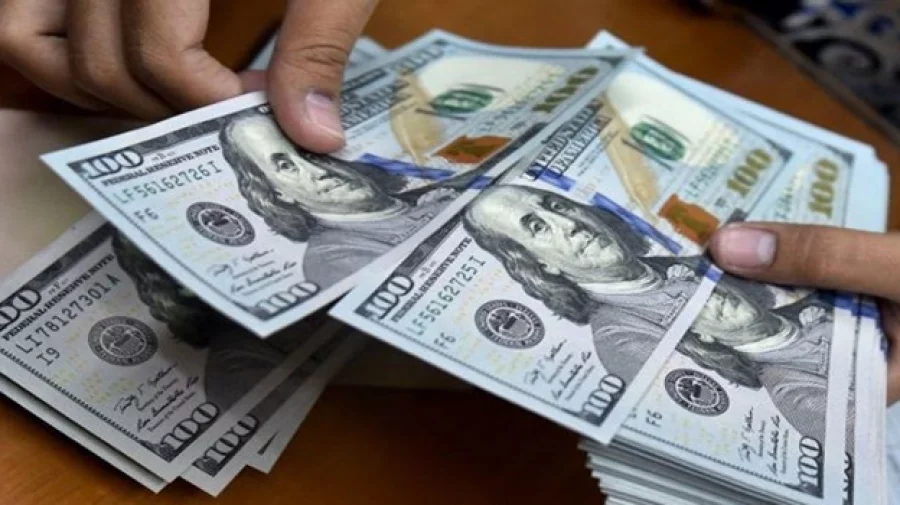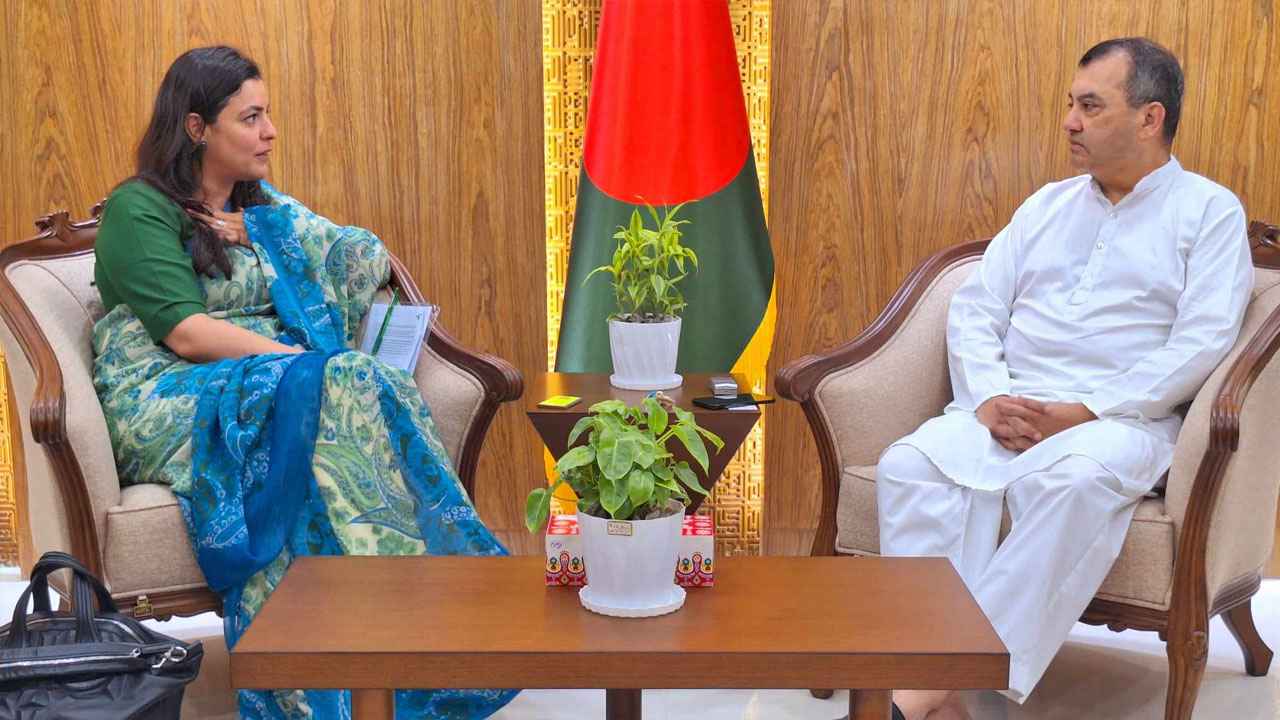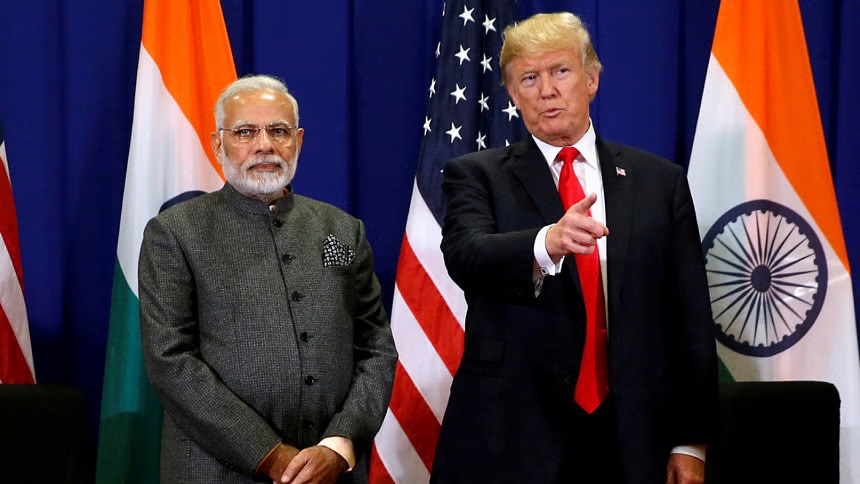
Indian Prime Minister Narendra Modi and US President-elect Donald Trump call each other friends. But analysts say that the trade dispute will test their comfortable relationship once Trump is re-elected.
During his first term, Trump often displayed his aggressive approach towards New Delhi. During that time, he also called India a "tariff king" and a "master of unfair trade". Trump has promised to impose "reciprocal" tariffs on all countries that have a trade surplus with the US. The move by the new US President could affect the industrial sector of India, the world's fifth largest economy.
“We have to wait and see where Trump wants to take the US economy and industry to get back on track,” Indrani Bagchi, chief executive of the Delhi-based think tank Ananta Aspen Center, told AFP.
The US has been away from the idea for decades that goods can be produced elsewhere and that they can be sourced cheaply. If manufacturing returns to the US, what will that mean for countries with a trade surplus?
India is the US’s ninth-largest trading partner in the 2023-24 fiscal year. Not only that, India’s trade surplus with the US is more than $30 billion. Narendra Modi’s government has tried to showcase local manufacturing to the world through the “Make in India” campaign, which offers simplified regulations and generous tax breaks for new ventures.
The Make in India campaign has also borne fruit. US multinational technology company Apple and other tech giants; Those looking to diversify their supply chains outside China have seen a growing presence in India.
TCS and Infosys, India’s other biggest tech companies, have become corporate giants, showing their American counterparts how to meet their IT needs through cheap labor and outsourcing.
Ashok Malik of business consultancy The Asia Group told AFP that if Trump follows through on his promise to bring jobs back home and start a “tariff war,” it could hurt everyone. China will once again be the primary target, as was the case with Trump’s aggressive trade policies in his first term. But it will also have repercussions for India.
• My friend
Both Modi and Trump have strong support among their country’s right-wing constituencies. They have been accused of discrimination against Muslims. Both have a disregard for their respective countries’ political norms.
They praised each other at a Houston stadium event during Trump’s first term in 2019. They spoke of their close and personal relationship in front of thousands of Indian-Americans.
The Houston event was attended by about 50,000 people; it is considered the largest gathering ever for a foreign leader other than the Pope in the United States.
The following year, Modi hosted a rally in his home state of Gujarat at the behest of then US President Donald Trump. There was an attendance of about 100,000 people. In an interview with comedian Andrew Schultz last month, Trump said of the Indian prime minister, “He’s my friend.”
“From the outside, he looks like your father. He’s the most beautiful. But he’s a killer on the inside,” Donald Trump said. “India has benefited from the warm personal relationship between the two leaders. Modi is certainly a strong leader; he likes Trump.”
• Fears of danger in the migrant crisis
Trump’s stance on the US immigration issue risks a major diplomatic conflict in the coming years; That could strain their friendship.
India is one of the largest sources of legal immigration to the US. But in the past few years, thousands of Indians have crossed the Canadian and Mexican borders and entered the US illegally.
Indrani Bagchi, CEO of the Delhi-based think-tank Ananta Aspen Center, said there will definitely be a problem when Trump follows through on his accepted policy of cracking down on illegal immigration. She said if Indians are caught and deported en masse, we could see a public relations disaster.
Under Modi's government, India has signed several new partnership agreements with the US, including in defence, technology and semiconductor manufacturing. The world's most populous country is a member of the US-led Quad alliance, which also includes Australia and Japan. The alliance was formed as a way to counter China's growing power in the Asia-Pacific region.
Trump's unexpected move raises uncertainty about whether this trajectory of close US-India cooperation will continue. He said Trump does not see the world from a strategic perspective. His approach is always transactional. Which complicates the issue and creates uncertainty.
Source: AFP.
